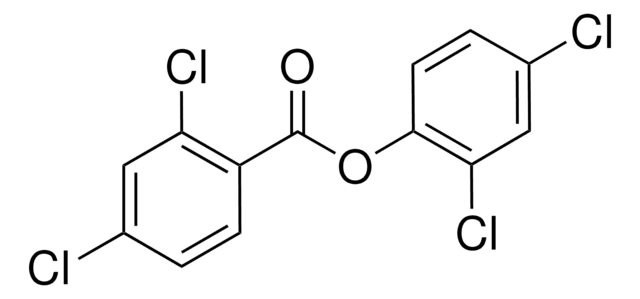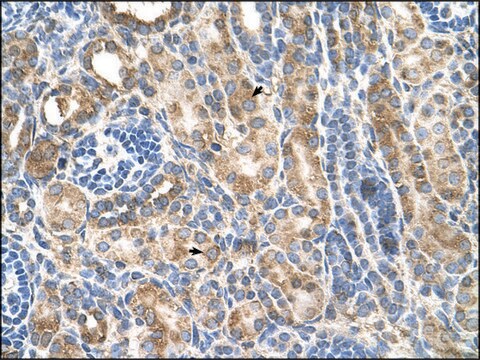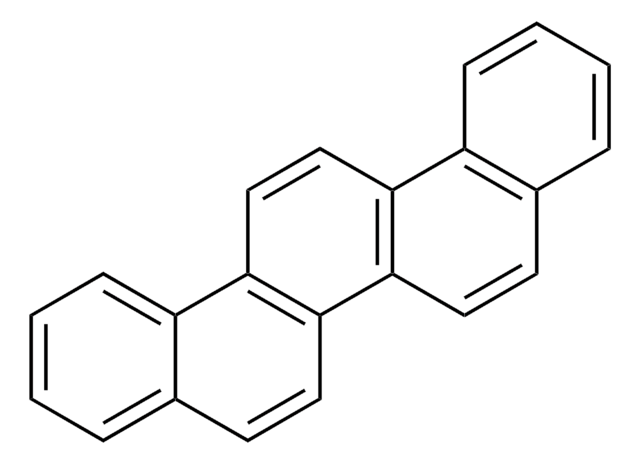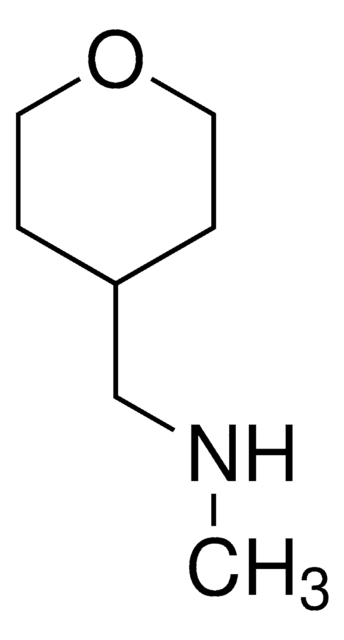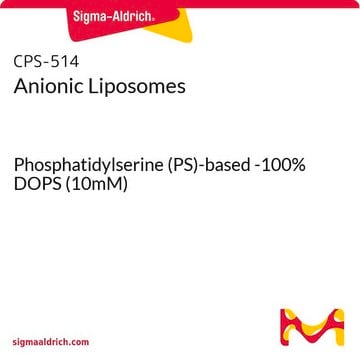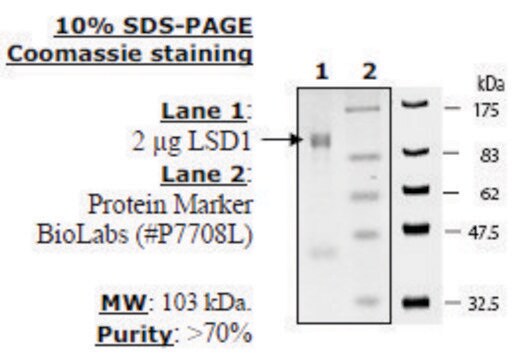BCR095
Dibenz[a,j]anthracene
BCR®, certified reference material
About This Item
Recommended Products
grade
certified reference material
Agency
BCR®
manufacturer/tradename
JRC
technique(s)
HPLC: suitable
gas chromatography (GC): suitable
format
neat
storage temp.
2-8°C
SMILES string
c1ccc2c(c1)ccc3cc4ccc5ccccc5c4cc23
InChI
1S/C22H14/c1-3-7-19-15(5-1)9-11-17-13-18-12-10-16-6-2-4-8-20(16)22(18)14-21(17)19/h1-14H
InChI key
KLIHYVJAYWCEDM-UHFFFAOYSA-N
Analysis Note
BCR095
Legal Information
Storage Class Code
6.1C - Combustible acute toxic Cat.3 / toxic compounds or compounds which causing chronic effects
WGK
WGK 3
Flash Point(F)
Not applicable
Flash Point(C)
Not applicable
Choose from one of the most recent versions:
Certificates of Analysis (COA)
Sorry, we don't have COAs for this product available online at this time.
If you need assistance, please contact Customer Support.
Already Own This Product?
Find documentation for the products that you have recently purchased in the Document Library.
Our team of scientists has experience in all areas of research including Life Science, Material Science, Chemical Synthesis, Chromatography, Analytical and many others.
Contact Technical Service